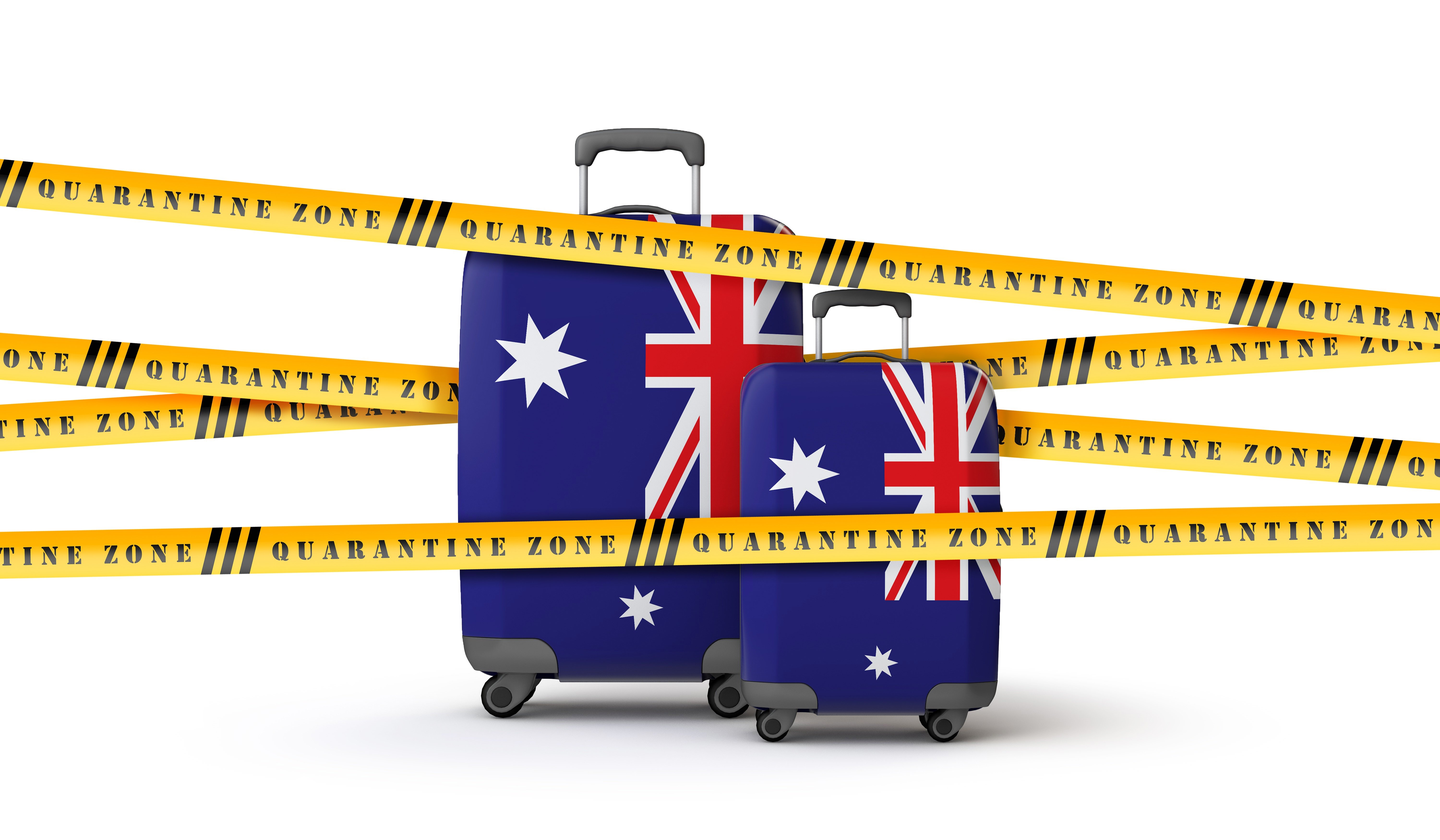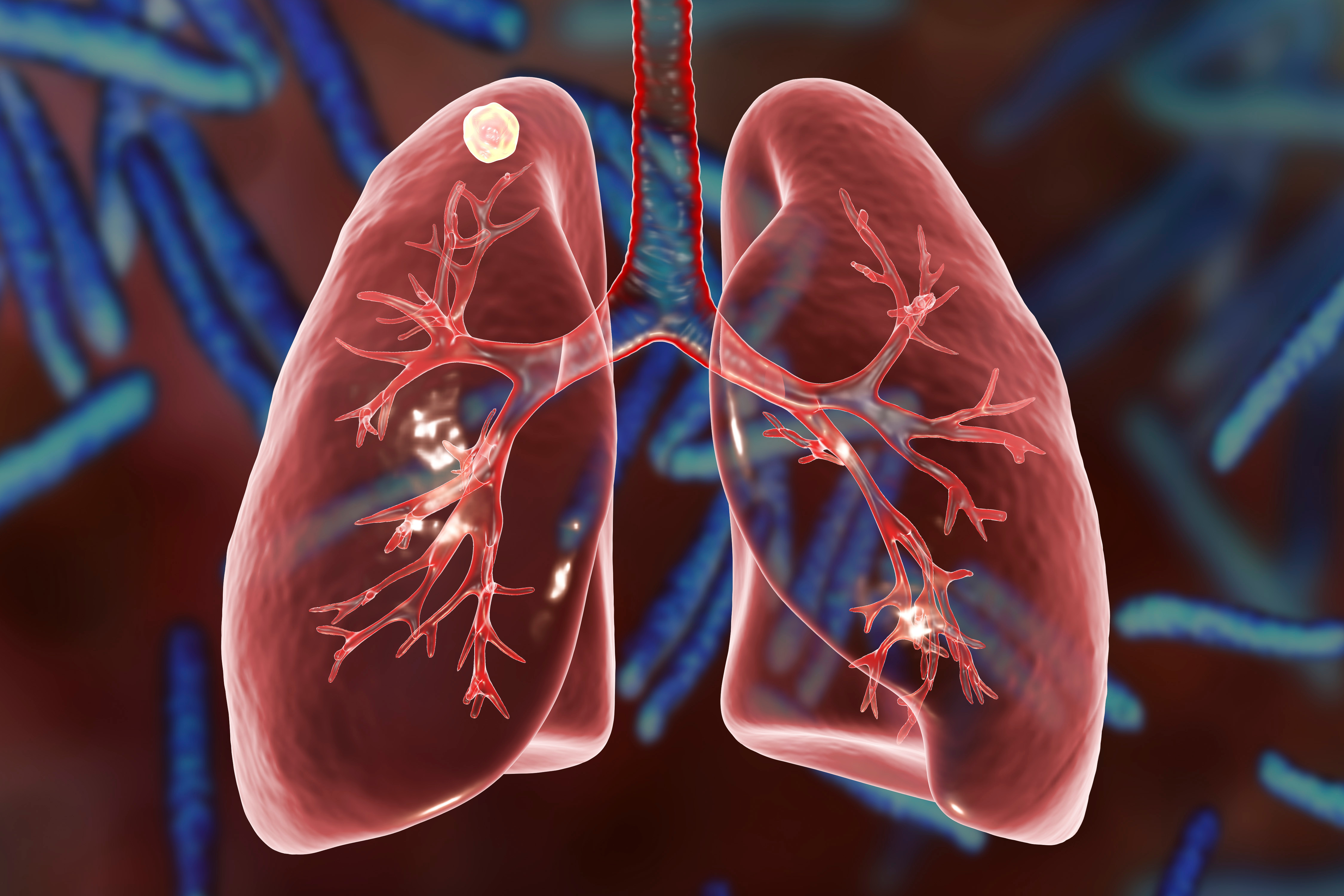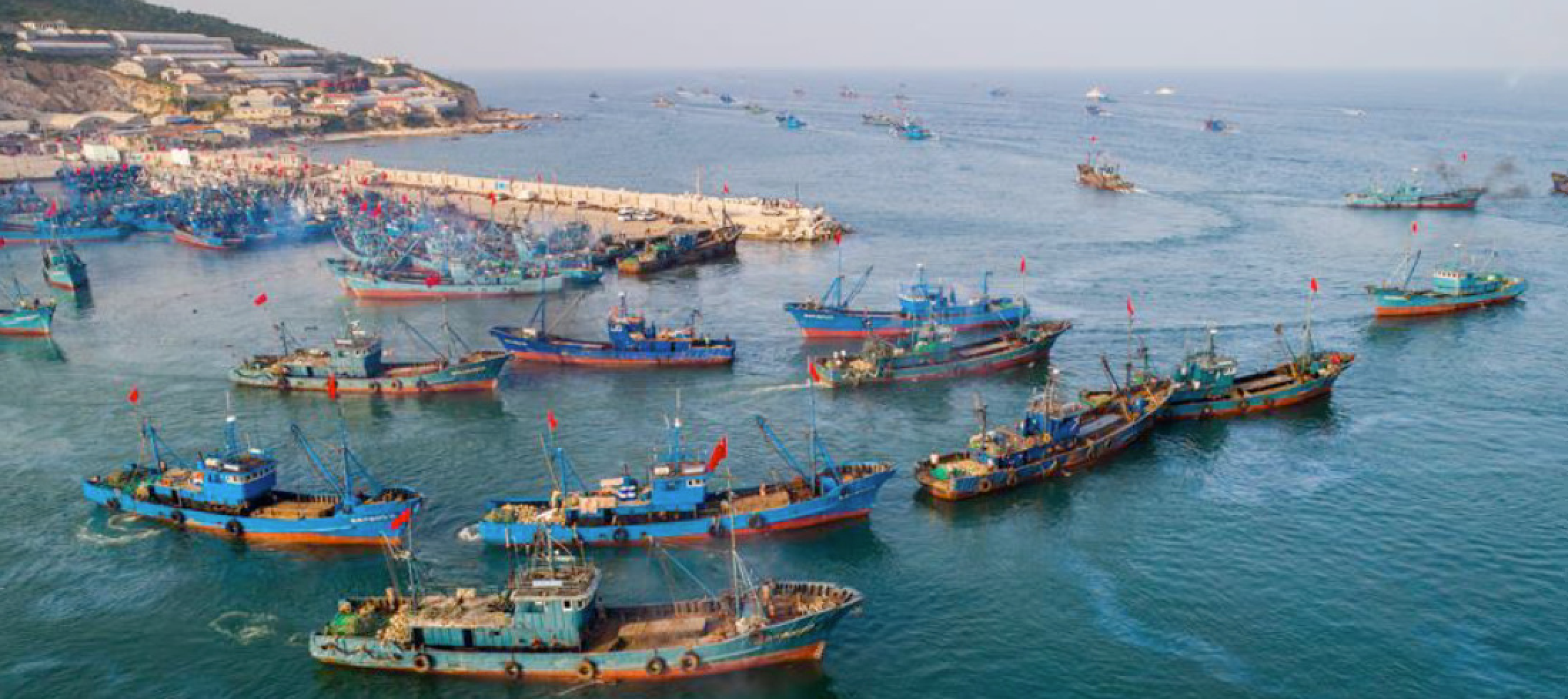
Western Australia: Covid update in relation to arriving vessels - 20.09.2021
The Club would like to draw Members’ attention to the latest update dated 20.09.21 below from the Club’s Legal Correspondents Cocks MacNish, Australia. Previous updates from the correspondents on this subject may be accessed below this latest update. We will continue to monitor the situation and update Members on further developments.
QUOTE
This email is an update on previous emails relating to Covid issues in Western Australia (which currently has no community spread of Covid) and in particular my email in early August which concerned a number of Covid announcements made by the Premier of Western Australia.
The government has given notice to the "Shipping Industry" (owners, charterers, master, exporters, importers and the shipping industry generally) of the "WA Government's Expectations" and "the measures that might be adopted if those expectations are not met".
The inescapable inference of this is that if any particular operators bring or threaten to bring Covid into Western Australia (WA) then they will significantly increase the chances of the WA Government introducing more stringent anti-covid measures on top of the ones that already exist and have been subject of my previous emails.
In summary:
A. WA Government's Expectations of Shipping Industry as a minimum
1) Provide full, accurate and transparent reporting and disclosure, including information required prior to arrival as part of the Commonwealth's Biosecurity processes and for compliance with individual Port Authority protocols.
2) Ensure safe and well documented crew change practices at previous ports of call and during passage to WA including:
a) the vaccination of crew;
b) suitable quarantine of crew overseas prior to embarking the vessel, with safe transfer to the vessel;
c) use of accredited COVID-19 testing of crew for early and ongoing detections; and
d) keeping records of quarantine, testing and vaccination of all crew;
3) Ensure, where practicable, any vessel with positive COVID-19 infectious cases on board does not continue to WA.
4) Ensure that any crewmember who reports symptoms or exhibits signs of COVID-19 follows safe practices (including isolation measures) to limit the risk of transmission to others on board the vessel.
B. WA Government's Expectations of Shipping Industry using ports of higher risks
The government recognises that the risk profile of some vessels is higher than others.
Whilst particular jurisdictions (other than Indonesia) have not been named, the government has said that the Chief Health Officer may identify that vessels operated by a particular company or that have visited ports of certain jurisdictions pose a higher risk.
Therefore, in addition to the expectations referred to in (A) above the government expects the Shipping Industry (but specifically importers and exporters) to make every effort to avoid interactions with higher risk jurisdictions wherever feasible and requires the following measures to be in place for a vessel seeking to enter WA waters after having been in a higher risk location:
1) There be no crew changes at a higher risk location.
2) There be no onshore crew visits at higher risk locations involving the disembarkation and embarkation of crew at that location.
3) Maritime workers boarding the vessel at the higher risk location must wear appropriate PPE.
4) PCR COVID-19 testing of any maritime workers boarding the vessel at the higher risk location will need to return a negative result.
5) Second daily rapid antigen COVID-19 testing to be conducted of the entire crew from the time of arrival at higher risk locations until just before entry into WA waters and evidence of negative tests could be made a precondition of entering WA waters.
6) All crewmembers disembarking in WA from a higher risk location will be required to be vaccinated.
7) A declaration of adherence to the measures outlined above by the vessel's Master prior to entry into WA waters.
C. Existing Management and Forecast Initial Management
The government has made the point that to date the Covid risk has been managed using the following:
1) Directions under the Emergency Management Act prohibiting the entry of certain vessels suspected of having COVID-19 on board and prohibiting the disembarkation of crew from those vessels.
2) Requiring those who have arrived on a vessel with a declared COVID-19 outbreak to comply with quarantine and other directions; and
3) Legislative amendments to the Public Health Act to hold vessels accountable for costs and expenses associated with cleaning and disinfecting vessels
D. More stringent measures if the Government's "Expectations" are not met
If the expectations are not met the government has given notice that more serious restrictions may include the following:
1) Denying entry to WA ports for incoming vessels with suspected exposure to COVID-19 and the vessel instead being kept at anchor where determined appropriate by the State Emergency Coordinator on advice from the Chief Health Officer.
2) Imposing temporary prohibitions on entry of vessels which have been through higher risk ports into WA waters unless they can demonstrate that all proper measures have been taken to mitigate the risks to public health.
3) Preventing vessels operated by a particular company that have arrived repeatedly with COVID-19 outbreaks from subsequently being granted permission to berth.
4) Introducing an offence to knowingly or recklessly bring COVID-19 into WA via a commercial vessel which carries with it a fine or potential term of imprisonment.
5) Increasing penalties for providing false or misleading information.
6) Pursuing maritime claims under the Admiralty Act.
7) Imposing port charges under the Port Authorities Act to cover costs associated with services, provisions and equipment that is supplied to assist in the event that a vessel has a COVID-19 case on board.
8) Continuing to engage with the Commonwealth Government in relation to regulation of arrivals.
9) Amending legislation.
There has been no amendment of legislation to date but, as can be seen from the above, digressions by an operator or a small number of operators has the very real potential to make it more difficult for all operators.
UNQUOTE
WESTERN AUSTRALIA – COVID UPDATE 02.08.2021
Further to recent updates to Members on the above topic, the Club quotes below two updates received today from the Club’s legal correspondents in Australia:
IMPORTANT COVID UPDATE IN RELATION TO VESSELS ARRIVING IN WESTERN AUSTRALIA (PARTICULARLY FROM INDONESIA)
As a result of a number of COVID infected vessels recently arriving in Western Australia the Premier has announced a number of measures which, if implemented, will affect ships seeking to enter Western Australia after transiting via higher risk countries. This is particularly relevant to Indonesia through which the recent vessels have transited.
The new measures which have not yet come into effect include
- A ban on crew changes or onshore visits;
- Daily swabs of crew before arrival in Western Australia;
- Any seafarers seeking to disembark in Western Australia being required to be vaccinated;
- Ships Masters being required to sign declarations of adherence to the rules;
The Government has warned that if the protocols are not met then it will consider a temporary ban on vessels from high risk countries.
There is a possibility of a new offence of “knowingly or recklessly” bringing COVID into Western Australia via a vessel which may carry penalties including fines and imprisonment.
There has also been reference to seizure (presumably arrest) of vessels pursuant to the Commonwealth Admiralty Act.
This issue is particularly high on the agenda of the State government because it is aware that there are currently a further six vessels sailing to Western Australia having transited in Indoneisa.
There will no doubt be more developments in the coming days/weeks and I will continue to update accordingly.
WESTERN AUSTRALIA - COVID - PROCESS OF TRANSITIONING THE STATUS OF A VESSEL FROM AN EXPOSED TO AN UNEXPOSED VESSEL IN WESTERN AUSTRALIA
The Western Australia Department of Health has released information concerning the process to transition the status of a vessel from exposed to unexposed in Western Australia.
There are now two options.
The shipping company is required to develop and submit a detailed transition plan to the Public Health Emergency Operations Centre (“PHEOC”) outlining the adoption of either Option 1 or Option 2 below.
Option 1
Under this option the COVID risk is mitigated by placing the vessel into fourteen days of quarantine on its arrival into Western Australia and undertaking testing of the crew. At a minimum, depending upon the travel history of the vessel, testing occurs at day 0 (initial test) and on day 11 (11 days after the first test).
The testing requires the approval of the Chief Health Officer and is a PCR test
There are particular rules in relation to the swab collection and self-collected swabs will not be accepted.
The testing is required to be through a private pathology company or contractor who must have Chief Health Officer approval.
Details of the doctor who will complete the request forms for testing must be provided and the cost of specimen collection and testing is the responsibility of the vessel.
Option 2
The second option to mitigate COVID risk is by undertaking an enhanced cleaning of the vessel.
Under this option all persons who were onboard the vessel when it arrived in Western Australia waters must disembark from the vessel and be managed as follows:
a) enhanced cleaning of the vessel occurs so that the new crew embark onto cleaned areas of the vessel and the old disembarked from areas of the vessel that are then cleaned after they leave;
b) any interactions between the disembarking crew and the new embarking crew must be minimised with appropriate infection prevention and control measures in place to mitigate risk of transmission; and
c) all crew must follow current State directions when disembarking from the vessel and quarantine in State hotel facilities for fourteen days if remaining within Western Australia.
Furthermore, a detailed cleaning plan must be provided to PHEOC outlining the cleaning protocols to be used that mitigate risk of cross contamination and infection including how cleaning will occur as the last of the old crew disembark. The plan must be specific to the vessel type and number of crew onboard and be a comprehensive plan that includes all areas of the vessel. Once again there are particular requirements regarding testing of crew which must be at private pathology collection centers.
More specific details are available if required.
We are of course available if required to assist Club/Members with vessels entering this jurisdiction in relation to this issue.
Source: Cocks Macnish
Should Members have any questions on the above, your usual contact at the Club will be pleased to assist you.
Western Australia – Covid infected vessels from Indonesia (29th July 2021)
Further to our below update on the concerns of Western Australia State (WA) regarding vessels arriving from Indonesia with COVID-19 infected crew, another vessel, the bulk carrier, Darya Krishna, transiting at Batam, berthed at Fremantle on Monday with four out of her twenty crew members unwell with respiratory disease symptoms. The number of vessels seeking to berth at Australian ports due to their crew members requiring hospitalisation, and the vessels being left under-manned, is increasing. Indonesia is in the midst of a coronavirus outbreak that has resulted in a high number of deaths since a few weeks ago, and crew members therefore risk contracting the virus when they go ashore.
WA has no community spread of COVID at the moment and WA Premier Mark McGowan has now been quoted as saying that he will turn away COVID infected ships if he can. The Club is monitoring the situation and will continue to keep Members updated.
Australian Maritime Safety Authority ("AMSA") - Focused Inspection Campaign ("FIC")to begin almost immediately
Attention is drawn to a recent Marine Notice of AMSA (no 4/2021) which has given advance warning of a FIC which will run in Australia from 1 August to 31 September 2021 to determine the level of compliance with the safety of navigation requirements of International Conventions and familiarity of the masters and officers with their processes for ensuring safety of navigation.
The FIC will be conducted by AMSA inspectors in conjunction with normal port or flag State control inspections and a checklist will be completed on each inspection and any deficiencies will be reported to regional port State control database. Also, the outcomes will be made public on the AMSA website.
AMSA has directed ship owners and masters to familiarise themselves with Australian Marine Order 27 (a copy of which can be downloaded below for convenience).
Western Australia COVID-19 Update (23rd July 2021)
Members are advised that effective 12:00pm, Thursday 22 July, South Australia transitioned from a 'low risk' state to a ‘medium risk’ state under Western Australia (WA)’s controlled border regulations. This means travel from South Australia to WA is no longer permitted without approval, and approval will only be granted in very restrictive cases. For details, please see here
The arrival of the BBC California at Fremantle port from Indonesia on 19 July with half of her 14 crew members immediately testing positive for Covid-19 had raised general concerns about vessels arriving at WA ports via Indonesia. As of yesterday, the number of the crew members infected had risen to 10. As there is an insufficient number of healthy crew members on board to operate the vessel safely, the vessel may have to stay at the port until the sick crew members’ health improve. Two other vessels had subsequently also berthed at Fremantle following calls at Indonesian ports, with their crew members testing positive for COVID-19.
The WA Premier, Mark McGowan, says that the state government is examining how to deal further with this issue. There is therefore a possibility of further restrictions being imposed on vessels which transit via Indonesia. While Mr McGowan has ruled out a shipping ban, Members should nevertheless take note of the current situation which has the potential of disrupting vessels’ voyages from or via Indonesia.




